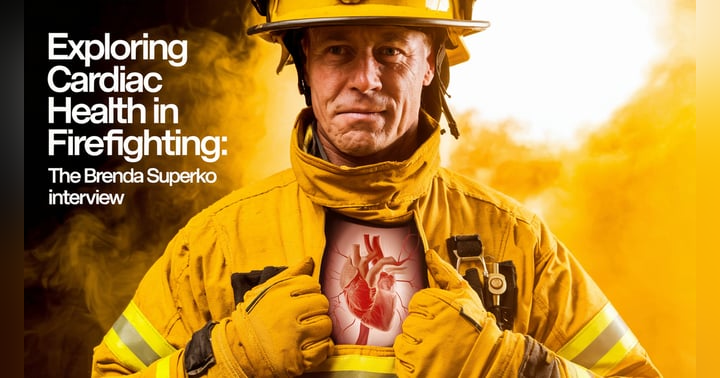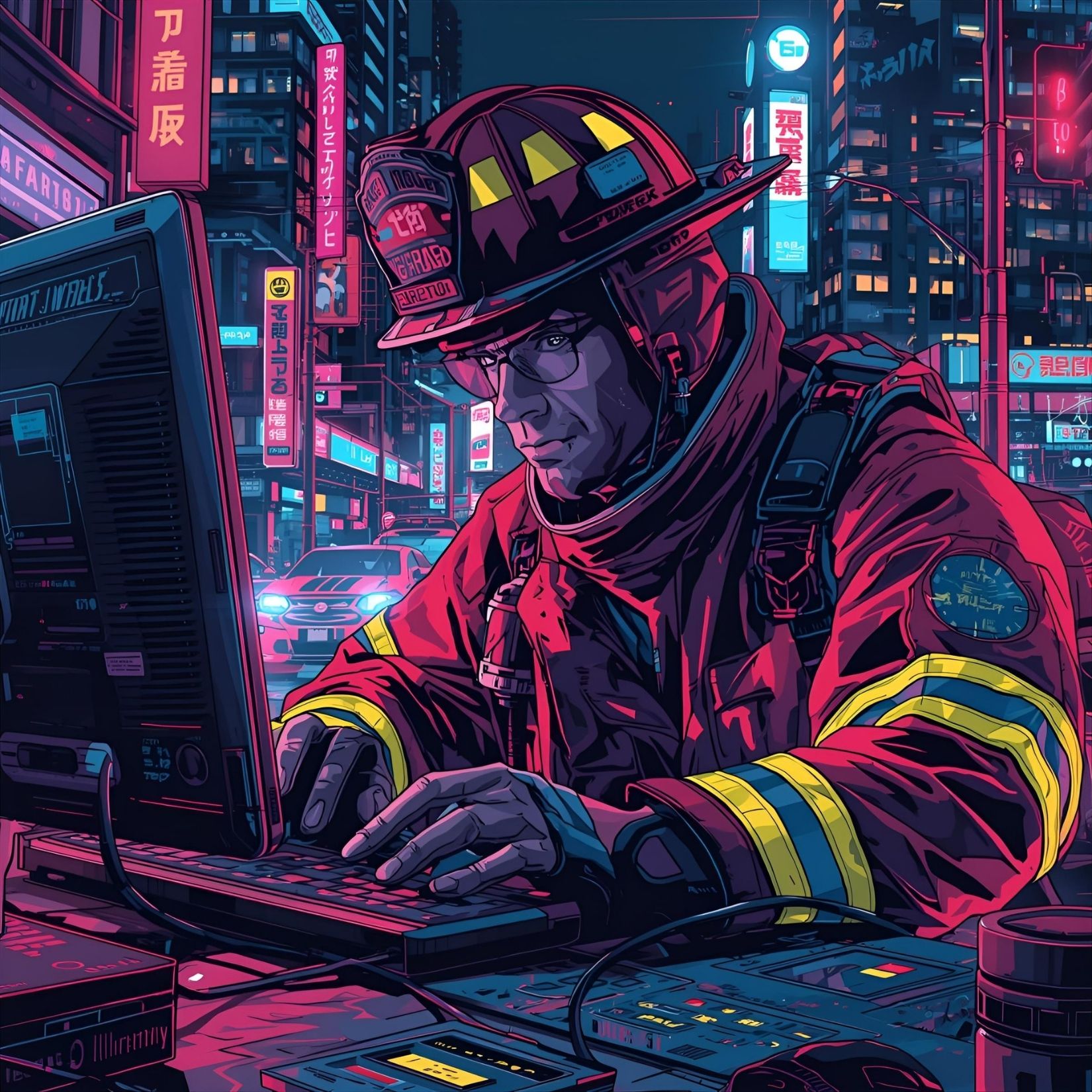Off-Duty Preparedness: Why Firefighters Should Carry Tourniquets and Chest Seals

As firefighters, our commitment to serving our communities doesn't end when we hang up our gear at the station. Whether we're off duty, running errands, or enjoying some well-deserved downtime, the responsibility to help those in need is always present. That's why it's crucial for firefighters to be prepared for emergencies even when off duty, and one of the most important ways to do so is by carrying tourniquets and chest seals.
Tourniquets and chest seals are two simple yet lifesaving tools that can make a world of difference in critical situations. While they may seem like items reserved for the battlefield or the fireground, the reality is that emergencies can happen anywhere, at any time. From car accidents to household accidents, the need for immediate medical intervention can arise in an instant.
One of the most common causes of preventable death in traumatic injuries is severe bleeding. In such situations, a tourniquet can be the difference between life and death. By quickly applying a tourniquet to a severely bleeding limb, firefighters can stop the flow of blood and buy precious time until professional medical help arrives. This simple action can mean the difference between a patient surviving or succumbing to their injuries.
Similarly, chest seals play a critical role in managing penetrating chest trauma, such as gunshot or stab wounds. These injuries can cause the lung to collapse, leading to life-threatening complications like tension pneumothorax. By applying a chest seal to the wound, firefighters can create a seal that prevents air from entering the chest cavity, allowing the lung to re-expand and restoring normal breathing.
But the importance of carrying tourniquets and chest seals goes beyond just being able to provide immediate assistance in emergencies. It's also about setting an example for others in our communities. As firefighters, we are trained to act quickly and decisively in times of crisis. By carrying these essential tools with us wherever we go, we demonstrate to others the importance of being prepared and taking action to help those in need.
Moreover, carrying tourniquets and chest seals off duty can help bridge the gap between the time an emergency occurs and the arrival of professional medical help. In many cases, bystanders are the first on the scene of an accident or medical emergency. By equipping ourselves with the tools and knowledge to intervene effectively, we can make a significant impact on patient outcomes.
Of course, carrying tourniquets and chest seals off duty also requires proper training and education. Firefighters should undergo regular training in first aid, CPR, and basic trauma management to ensure they can respond effectively to emergencies in any setting. Additionally, it's essential to stay up-to-date on the latest techniques and guidelines for using tourniquets and chest seals to maximize their effectiveness.
In conclusion, the importance of carrying tourniquets and chest seals off duty cannot be overstated. These simple yet powerful tools have the potential to save lives in critical situations, and as firefighters, it's our duty to be prepared to use them whenever and wherever they are needed. So, the next time you step out the door, don't forget to check your pockets—you never know when you might be called upon to be a hero.








